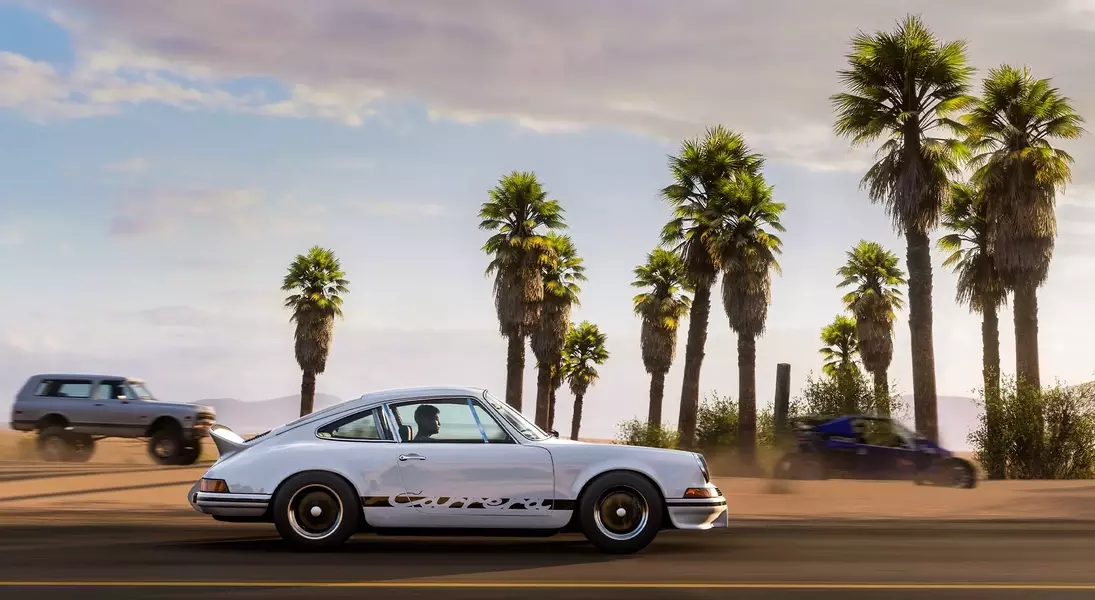
Despite the much-anticipated release of Nintendo Switch 2 and its flagship game, Mario Kart World, this title has not garnered the same level of acclaim as expected for a contender for Game of the Year. Although critics have responded positively to the game, it falls short when compared to other games from 2025. The underlying reason lies in the genre bias within the gaming awards community, which traditionally favors action-adventure and role-playing games over sports, strategy, fighting, and racing titles. This bias is evident through past examples such as Mario Kart 8 and Forza Horizon 5, both highly acclaimed but excluded from Game of the Year nominations.
Historically, racing games have consistently been overlooked by prestigious gaming accolades. Despite receiving critical acclaim and achieving commercial success, these titles remain outside the consideration set for major awards due to entrenched biases within the industry.
The Genre Bias: Why Racing Games Struggle for Recognition
Racing games face an uphill battle in securing recognition at major gaming award ceremonies. Even with stellar reviews and impressive sales figures, titles like Mario Kart World find themselves sidelined by genre preferences that prioritize narrative-driven experiences. This trend is supported by historical precedents where critically acclaimed racing games failed to secure nominations despite meeting or exceeding the quality standards of nominated titles.
This bias stems from a perception within the gaming community that certain genres lack the depth required for artistic expression. Consequently, even if a racing game achieves near-perfect scores on review platforms, it remains unlikely to receive serious consideration for top honors. For instance, Mario Kart 8, hailed as one of the best entries in its series, did not earn a nomination for Game of the Year despite its widespread popularity and positive reception. Similarly, Forza Horizon 5, another critically acclaimed title, faced the same fate in a year considered weak for new releases. These instances underscore the persistent challenge racing games encounter in gaining acknowledgment beyond their designated categories.
Potential Hope for Future Recognition
Nintendo retains hope for future recognition through upcoming titles such as Donkey Kong Bananza or Metroid Prime 4: Beyond. While Mario Kart World may not secure a nomination, other genres might pave the way for broader acceptance within the awards community. Recent developments indicate a gradual shift towards acknowledging family-friendly platform games, offering a glimmer of hope for similar titles in the future.
The potential for change lies in challenging existing assumptions about what constitutes greatness in video games. By reevaluating the criteria used to judge various genres, the gaming community can foster a more inclusive environment that celebrates diverse forms of interactive storytelling and gameplay mechanics. Titles like Mario Kart World exemplify the need for such reassessment, showcasing how games traditionally deemed 'niche' can achieve universal appeal and critical acclaim. As the industry evolves, so too must its evaluation methods to ensure all deserving works receive fair consideration. Recognizing the artistic merit of racing games would not only honor their contributions but also enrich the overall tapestry of gaming culture.
